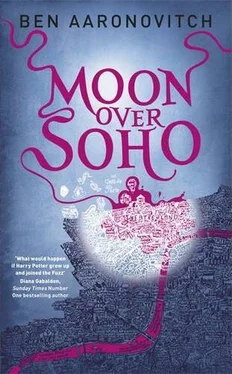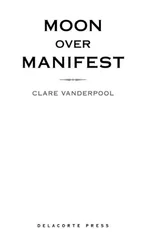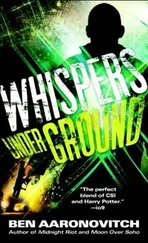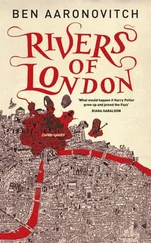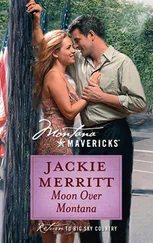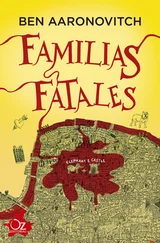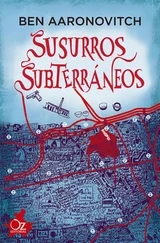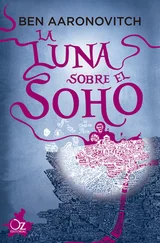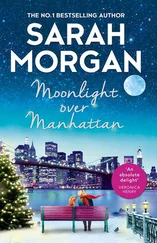I realized suddenly that my arms weren’t really working properly and that it was getting harder just to keep my face above the water.
Mama Thames, I prayed again. Please.
At some point the tide turned and I found myself being washed back upstream until a random eddy caught me and gently shoved me onto the dirty mud of the Thames bank. I pulled myself slithering as far up the foreshore as I could manage before rolling onto my back. I stared up at the rain clouds above, lit a dull sodium red by the lights of the city, and thought that of the many things I never wanted to do again this was near the top. I was so cold that my fingers and toes had gone numb, but I was shivering, which I took to be a good sign because I had this vague notion that it’s when you stop shivering that you should be really worried. I decided that I could afford to stay where I was and catch my breath or maybe some sleep — it had been a long day.
Contrary to what you might have been told, it is almost impossible to lie prostrate and groaning in a public place in London without attracting a crowd of putative good Samaritans — even when it’s raining.
“Are you all right, mate?”
There were people on the parapet above me. I looked at their quizzical upside-down faces from where I lay. Helpful people with mobile phones who would helpfully phone the police who in turn would probably ask me to help them with their inquiries about a certain hijacked ambulance.
Do not meddle in the affairs of wizards, I thought. For they are soggy and hard to light.
I considered making a run for it but the paramedic and the ambulance driver could both identify me and in any case I was just too knackered to move.
“You just hold on, mate,” said the voice from above. “The police are on their way.”
It took the police at least five minutes to get there, which wasn’t bad as response times go. I was duly wrapped in a blanket and put in the back of the IRV, where I told them I’d fallen in while pursuing a suspect and had ended up on the wrong side of the river. They didn’t ask me any of the usual questions about my imaginary suspect, which I thought was odd until the Jag pulled alongside the IRV and I realized that Nightingale had already put the fix in.
As we crossed back over Waterloo Bridge he asked me whether Ash was all right.
“I think so,” I said. “Chelsea and Olympia didn’t seem worried.”
Nightingale nodded. “Good work,” he said.
“I’m not in trouble?” I asked.
“You’re in trouble,” he said. “Just not with me.”
He still made me get up the next morning and do double practice — the bastard.
AFTER PRACTICE I took the hardcopy from Oxford to the tech-cave where I plonked it on the chaise longue and tried to pretend it didn’t exist. Entering that much data was going to be a pig and really probably not worth the time it would take me to do it. When I found Leslie had left me three emails expressing the unutterable boredom of a small seaside town off season I had one of those really stupid clever ideas. I emailed her back and asked whether she wanted to do some tedious data entry. She said yes and I called IPS and arranged to have them picked up and biked over. Because you can’t ask someone like Leslie, no matter how bored she is, to do something that dull without an explanation, I gave her an outline of who Jason Dunlop was and how we were looking for connections to Geoffrey Wheatcroft.
Lost books of magic , she wrote. YFKM. Data entry. I’m so sad, me .
Keep busy , I wrote back. She didn’t reply to that one.
Dr. Walid had posted me some JPEGs of what looked like thin slices of cauliflower, but the accompanying text assured me that they were thin sections of Michael “the Bone” Adjayi’s brain. When magnified they displayed the telltale neurological damage that was indicative of hyperthaumaturgical degradation — which is what kills if you do too much magic. And also, as we had learned on our last big case, what happens if some total bastard uses you to do magic by proxy. It’s a truism in policing that witnesses and statements are fine but nothing beats empirical physical evidence. Actually it isn’t a truism because most policemen think the word empirical is something to do with Darth Vader, but it damn well should be. To drive the point home, Dr. Walid included slices from Cyrus Wilkinson’s brain for comparison — the damage was identical.
This was proof that Mickey the Bone had been done in by the same method as Cyrus Wilkinson — if only I could figure out why.
I packaged up the lists for Leslie and gave them to Molly with strict instructions not to bite the courier when he came to call for them.
Back in the garage there was a note folded under the Jag’s windshield wiper. It read, in Nightingale’s surprisingly inelegant handwriting, Unsupervised use of the Jaguar is suspended until such time as the appropriate driving certification is presented . So Nightingale did know about the driving courses after all.
I took the Asbo — it gets better mileage anyhow.
CHEAM IS about as far southwest as you can get in London while officially staying in the capital. It’s another typical outer London village that acquired, in short order, a railway station, some posh detached villas in the late-Victorian style, and finally a smothering blanket of mock-Tudor semis built in the 1930s. Cheam is what the green belt was established to prevent happening to the rest of southeast England. Pictures of Cheam adorn the walls of planning offices of every Home County to serve as an awful warning. And that was before any black people moved into the area.
Chez Adjayi was a big detached Edwardian villa along a road lined with variations on that theme. Apart from a token oval of greenery, the front garden had been paved with concrete, the better to park a couple of big German cars conveniently in front of the house. I could read the family history in that house. Father and Mother had immigrated in the late 1960s, found jobs that they were wildly overqualified for, bought a run-down property in a relatively unfashionable area, and were now living off the fat of the property boom. Father would wear bespoke suits and be the man of the house; Mother would have a bedroom full of shoes and three mobile phones. The kids would be expected to become doctors, lawyers, or engineers in descending order of preference.
A young woman around my age opened the door and I guessed she was a sister or close cousin. She had the same big forehead, high cheekbones, and flat nose, although her face was plumper and rounder than Michael’s and she wore half-moon reading glasses with black enamel frames. She smiled when she opened the door and saw me, but the smile faded when I told her who I was. She was dressed in a sweatshirt and tracksuit bottoms. I smelled perspiration and furniture polish. When she let me in I saw that the Hoover was sitting in the middle of the hallway and that the framed photographs that lined the walls had all been dusted and polished.
She invited me in and I asked her name.
“Martha,” she said and she must have seen me wince because she chuckled. “Yes, I know. I’m in the kitchen,” she said and led the way. It was a big kitchen with an oak table that was European but an array of large pots, ladles, and plastic washing-up bowls full of cassava and stockfish that was pure West African.
I declined tea and biscuits and we sat down at the far corner of the table.
“Mum’s at the hospital,” said Martha. “I’m just cleaning up.” She didn’t need to explain to me. Enough of my mum’s London family had died over the years for me to know the drill. Once word got out that Michael Adjayi was dead, the relatives would start coming around and God help Martha if the house wasn’t immaculate when they got there.
Читать дальше
